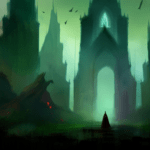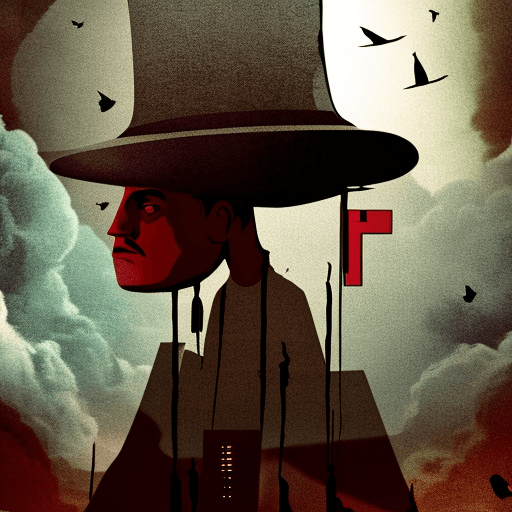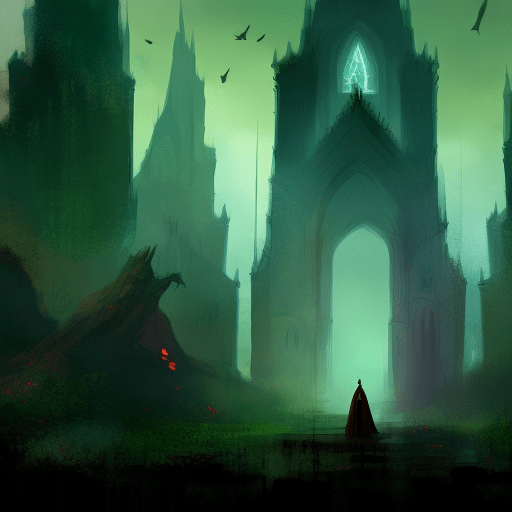Summary:
In “L’immoraliste” by André Gide, the protagonist Michel, a young man from a conservative background, embarks on a journey of self-discovery and moral exploration. As he travels through North Africa, he becomes increasingly disillusioned with societal norms and embraces a more hedonistic and individualistic lifestyle. However, his newfound freedom comes at a cost, as he grapples with the consequences of his actions and the erosion of his own moral compass.
The Awakening of Desire
Michel, a frail and sickly man, marries Marceline, a woman chosen for him by his family. However, their marriage lacks passion and intimacy. During their honeymoon in North Africa, Michel encounters a group of Arab boys bathing in a river, and he is captivated by their youthful energy and sensuality. This encounter awakens a desire within him that he had long suppressed.
Michel’s desire for freedom and self-discovery intensifies as he witnesses the beauty of nature and the vitality of the Arab culture. He becomes increasingly aware of the constraints imposed by societal expectations and begins to question the values he has been raised with. This internal conflict leads him to question the nature of morality itself.
Embracing Hedonism
As Michel distances himself from societal norms, he starts to indulge in his desires without regard for the consequences. He engages in extramarital affairs, explores his sexuality, and embraces a hedonistic lifestyle. He believes that by pursuing pleasure and living in the present moment, he can find true happiness and fulfillment.
However, Michel’s pursuit of pleasure comes at the expense of others. He neglects his wife, Marceline, and his actions cause pain and suffering to those around him. Despite his initial belief that he is breaking free from societal constraints, he finds himself trapped in a cycle of selfishness and moral ambiguity.
The Consequences of Immorality
As Michel’s moral boundaries continue to erode, he becomes increasingly isolated from those he once cared about. His health deteriorates, mirroring the decay of his moral character. He is confronted with the consequences of his actions when Marceline falls seriously ill. Michel is forced to confront the reality of his choices and the impact they have had on his own well-being and the lives of others.
In the end, Michel is left with a sense of emptiness and regret. He realizes that his pursuit of personal freedom and pleasure has come at a great cost, leaving him morally bankrupt and disconnected from the world around him.
Key Takeaways:
- Suppressing desires can lead to a life devoid of passion and fulfillment.
- Questioning societal norms can lead to a deeper understanding of oneself, but it also carries the risk of moral ambiguity and isolation.
- Indulging in hedonism without considering the consequences can result in personal emptiness and regret.
“I have been wicked, but I have also been right; I have been wicked, but I have also been good.”
In “L’immoraliste,” André Gide explores the themes of desire, morality, and the consequences of breaking free from societal norms. Through the journey of Michel, readers are invited to reflect on the delicate balance between personal freedom and the responsibilities we have towards others. The novel serves as a cautionary tale, reminding us that true happiness cannot be found through the abandonment of moral principles. Instead, it encourages us to seek a more balanced approach to life, one that embraces our desires while considering the impact of our actions on those around us.












